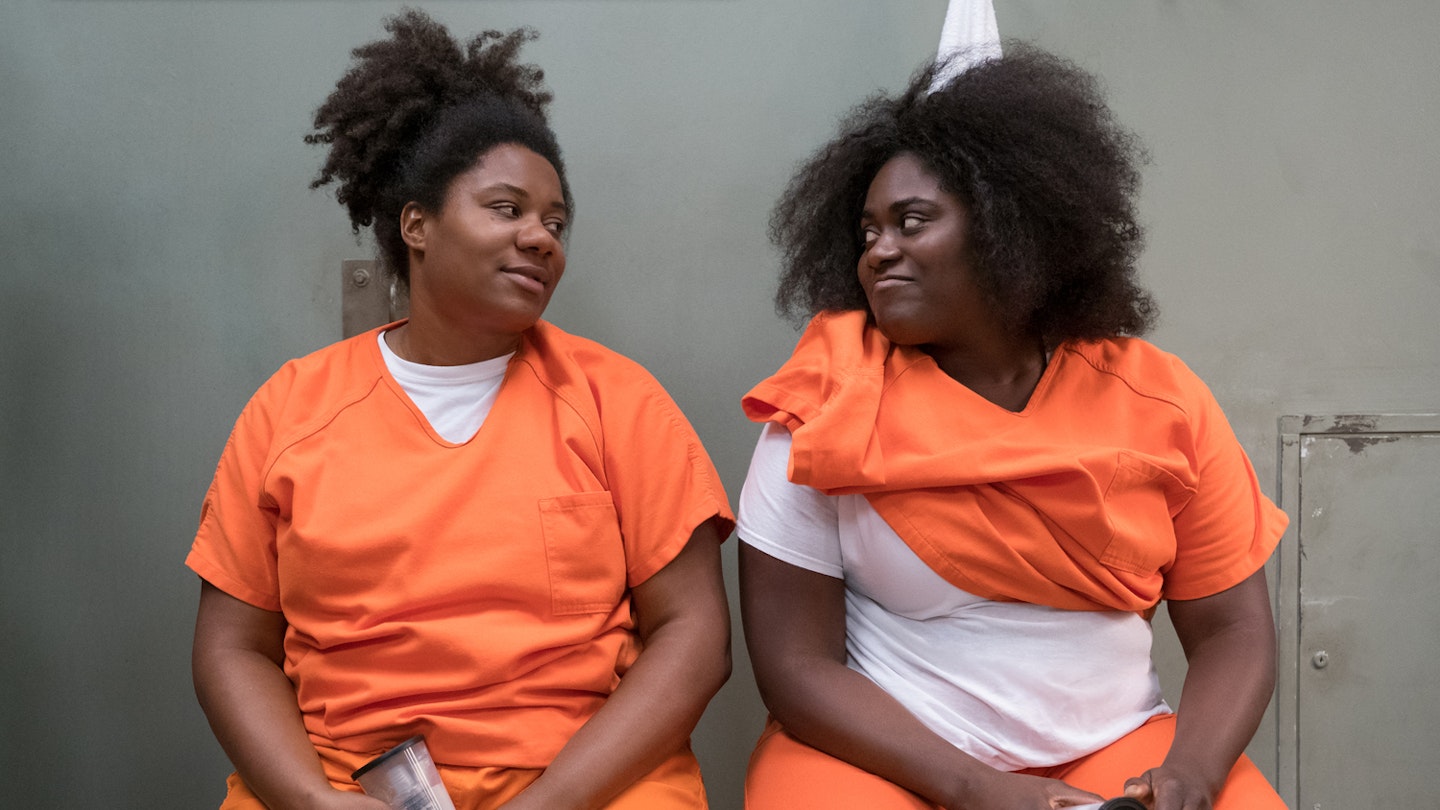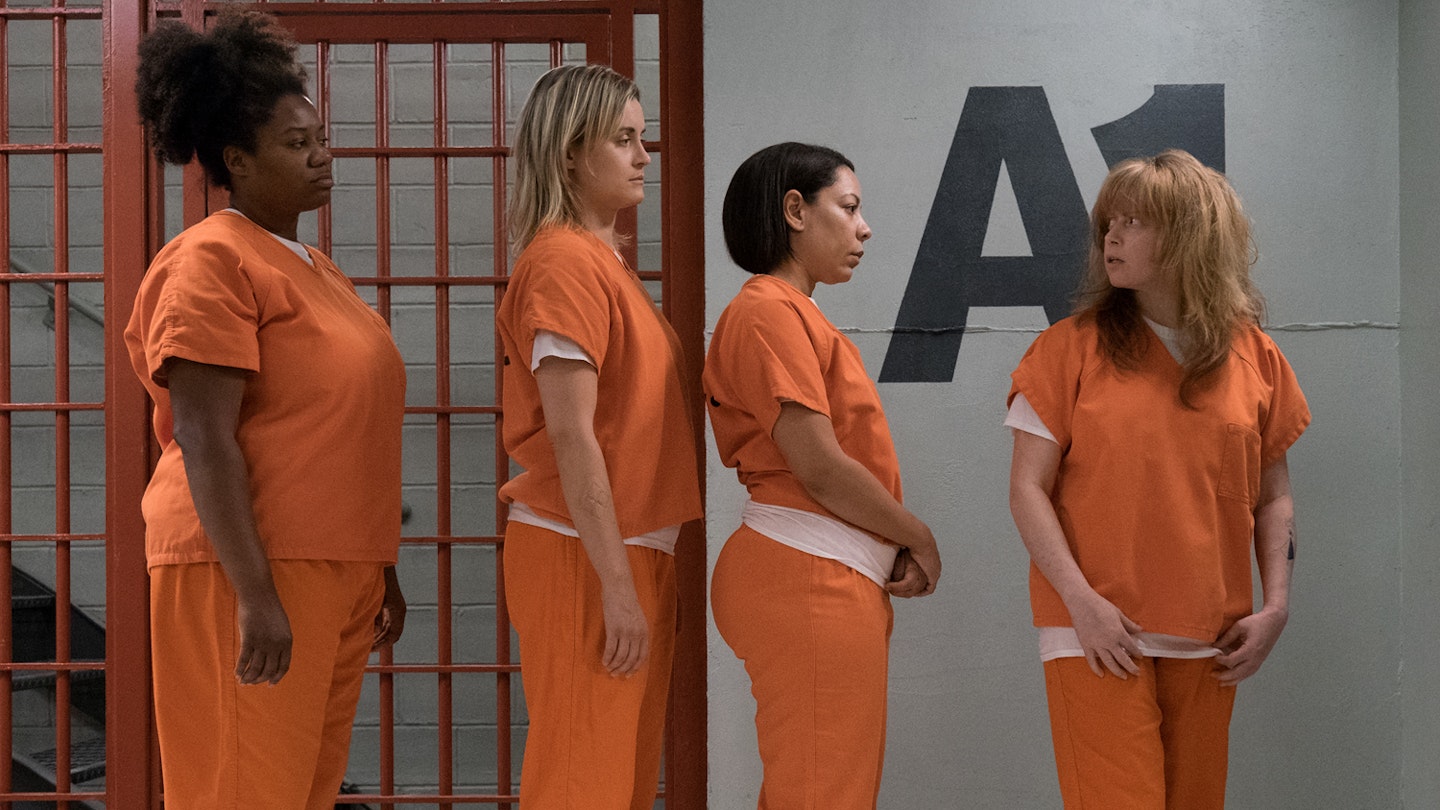It’s a strange paradox that Orange Is The New Black is simultaneously one of the best-written, best-cast, funniest shows on TV, and yet one of the hardest to watch. What it says, over and over again, is that prison is self-perpetuating, corrosive and contagious: that once in the system it is almost impossible to escape from its effects. If the guards don’t slap you with further punishments, your fellow inmates may act in a way that forces you to defend yourself and break more rules, or survival might entail becoming an entirely different person than you were before. The corruption can spread to your family, to the guards, to the system itself. However good the sixth season is — and if it is less focused than last time, it’s still excellent drama — it’s getting tough to carry on. The meta-experience of watching the show feels a lot like being one of the inmates — with no clear end in sight.

If there’s a theme this season, it’s feuding. The core cast has been moved to a new maximum security unit after last season’s riot, bringing them into contact with a new set of inmates. They’re thrown into a prison divided into three main camps with, inevitably, bad blood between two of these blocks. Sisters Carol (Henny Russell) and Barb (Mackenzie Phillips) comprise one pair of enemies; soon long-term allies Freida (Dale Soules) and Red (Kate Mulgrew) are also at loggerheads, as Red finds herself truly powerless for perhaps the first time. And Piper (Taylor Schilling) worries about the post-riot fate of her fiancée Alex (Laura Prepon) before she falls foul of her psychotic new roommate Badison (Amanda Fuller).
For all its faults, it's still compelling viewing.
The series starts big, with a theatrical, colourful series of visions from Suzanne ‘Crazy Eyes’ Warren (Uzo Aduba), physically trapped in solitary but given to flights of fancy. But this is not a season given to much in the way of stylistic flourish; at times it feels as locked-down as the inmates. Even the flashbacks are not used as effectively as in previous years, though they at least offer a tiny, momentary break from the prison’s stifling atmosphere. Taystee (Danielle Brooks) faces the brunt of the legal fallout from the riot, and her threatened railroading offers some of the most upsetting moments of the series.
But for all its faults, this is still compelling viewing. The cast are wonderful, and the writing sharp as a tack. And for all the discomfort of watching this brutality and injustice, the sombre tone is not unearned. At least it’s better than being there.
